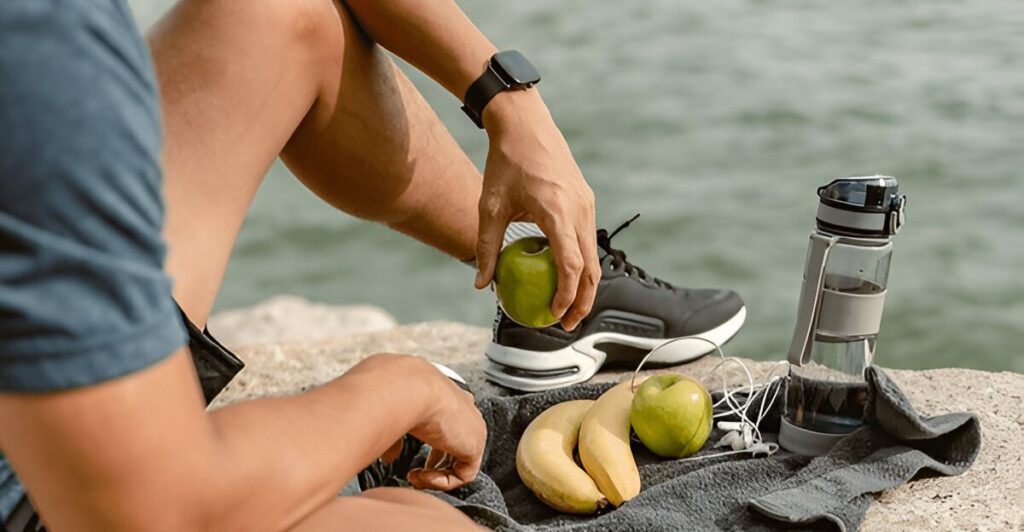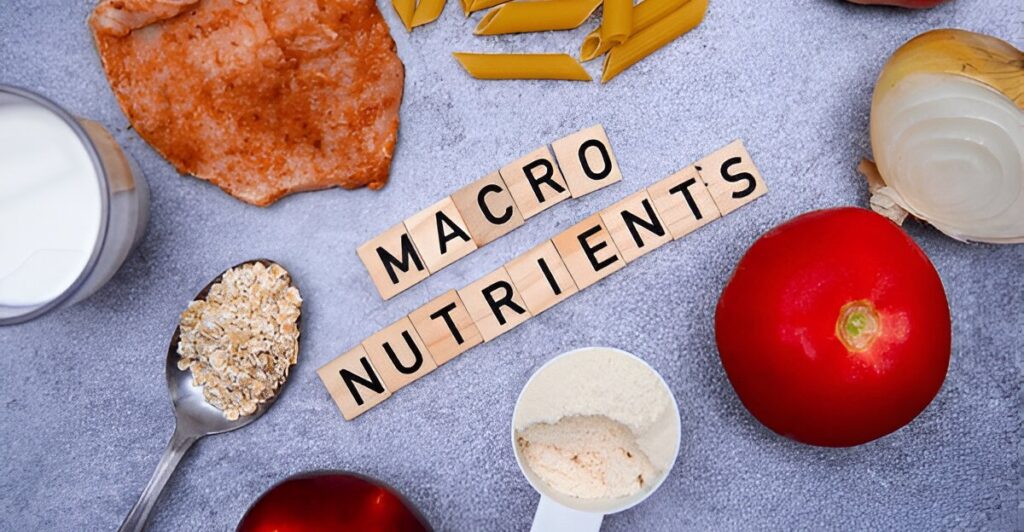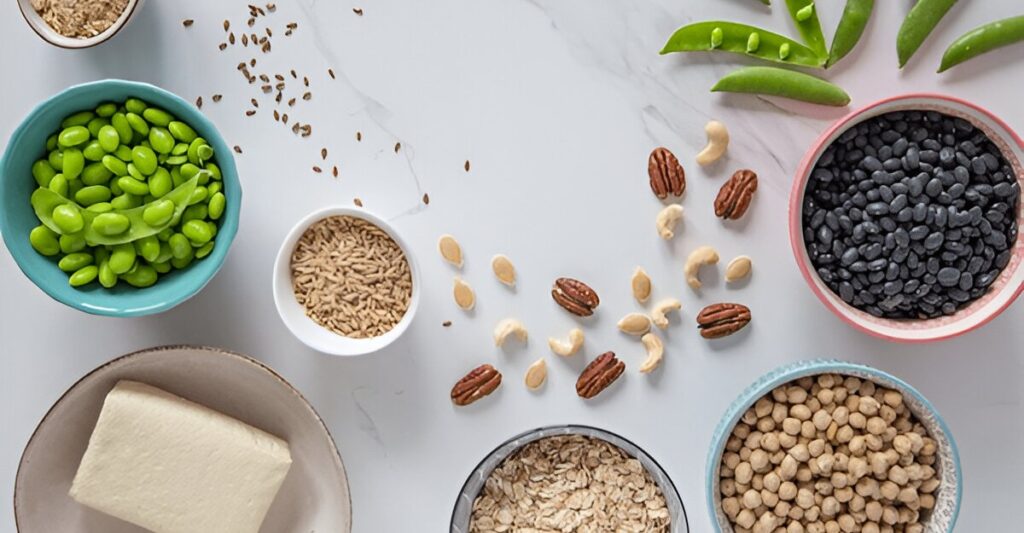Whether you’re hitting the gym, running trails, or practicing yoga, nutrition plays a pivotal role in your performance and recovery. Knowing what to eat before and after a workout can maximize energy, improve strength, and help your body repair and grow. This guide breaks down the best foods, nutrients, and timing strategies to fuel your workouts and support your fitness goals, ensuring you get the most out of every session.
Why Pre- and Post-Workout Nutrition Matters
Your body needs the right fuel to power through exercise and recover afterward. Eating before a workout provides energy to sustain effort, while eating after replenishes glycogen stores, repairs muscles, and reduces soreness. Research shows that proper pre- and post-workout nutrition can boost performance by up to 20% and speed recovery, allowing for consistent training. By understanding what to eat before and after a workout, you can optimize your results, whether you’re aiming for strength, endurance, or fat loss.
Pre-Workout Nutrition: Fueling Your Performance
Eating before a workout ensures your muscles have the energy to perform at their best. The goal is to provide quick-digesting carbohydrates for fuel and a small amount of protein to support muscles, while avoiding heavy fats or fiber that could slow digestion.
Key Nutrients
- Carbohydrates: Provide glucose for energy and replenish glycogen stores.
- Protein: Supports muscle maintenance and primes recovery.
- Low Fat/Fiber: Minimize digestive discomfort during exercise.
Timing
- 2-3 Hours Before: Eat a balanced meal with carbs, protein, and some fat.
- 30-60 Minutes Before: Opt for a small, carb-focused snack with minimal protein.
Best Foods to Eat Before a Workout
- 2-3 Hours Before:
- Oatmeal with berries and a scoop of Greek yogurt (carbs, protein).
- Grilled chicken with brown rice and steamed broccoli (carbs, protein, low fat).
- Whole-grain toast with avocado and a boiled egg (carbs, protein, healthy fats).
- 30-60 Minutes Before:
- Banana or apple with a tablespoon of almond butter (quick carbs, light protein).
- Rice cake with a slice of turkey (carbs, protein).
- Energy bar or a handful of dried fruit (carbs).
Tips for Pre-Workout Eating
- Match Your Workout: High-intensity or long workouts (e.g., running, HIIT) need more carbs; lighter sessions (e.g., yoga) require less.
- Hydrate: Drink 16-20 oz of water 2-3 hours before and 8-10 oz 10-20 minutes before to stay hydrated.
- Experiment: Test foods to find what digests well and fuels you without causing discomfort.
- Avoid Heavy Meals: Large or fatty meals close to exercise can cause sluggishness or cramps.
Post-Workout Nutrition: Recovering and Rebuilding
Eating after a workout is crucial for replenishing energy stores and repairing muscle tissue. The focus is on carbohydrates to restore glycogen and protein to aid muscle recovery, with a small amount of fat for balance.
Key Nutrients
- Carbohydrates: Replenish glycogen depleted during exercise.
- Protein: Repairs and builds muscle tissue.
- Healthy Fats: Support overall nutrition but in moderation to avoid slowing digestion.
Timing
- Within 30-60 Minutes: The “anabolic window” when your body is most receptive to nutrients for recovery.
- 1-2 Hours After: A full meal can further support recovery if a snack was consumed immediately post-workout.
Best Foods to Eat After a Workout
- Within 30-60 Minutes:
- Protein shake with whey or plant-based protein, mixed with a banana (protein, carbs).
- Greek yogurt with honey and granola (protein, carbs).
- Chocolate milk (protein, carbs, hydration).
- 1-2 Hours After:
- Grilled salmon with sweet potato and asparagus (protein, carbs, healthy fats).
- Turkey wrap with whole-grain tortilla, veggies, and hummus (protein, carbs, fiber).
- Tofu stir-fry with quinoa and mixed vegetables (protein, carbs, nutrients).
Tips for Post-Workout Eating
- Aim for a 3:1 Ratio: Combine carbs and protein in a 3:1 ratio (e.g., 30g carbs, 10g protein) for optimal recovery.
- Rehydrate: Drink 16-24 oz of water or an electrolyte drink to replace fluids lost through sweat.
- Include Variety: Rotate protein and carb sources to ensure a broad nutrient profile.
- Don’t Skip: Even if you’re not hungry, a small post-workout snack aids recovery and prevents muscle breakdown.
Sample Pre- and Post-Workout Plan
Here’s a one-day plan for a moderate workout (e.g., 45-minute strength training):
- Pre-Workout (2 Hours Before): Whole-grain toast with avocado, a boiled egg, and a side of berries (~40g carbs, 15g protein, 10g fat).
- Pre-Workout Snack (30 Minutes Before): Banana with 1 tbsp peanut butter (~25g carbs, 5g protein, 5g fat).
- During Workout: Sip water with a pinch of electrolyte powder if sweating heavily.
- Post-Workout (Within 30 Minutes): Protein shake with whey protein, mixed with a banana and water (~30g carbs, 20g protein).
- Post-Workout Meal (1-2 Hours Later): Grilled chicken breast with quinoa, roasted broccoli, and a drizzle of olive oil (~50g carbs, 30g protein, 10g fat).
Total: Balanced nutrients to fuel a workout and support recovery.
Special Considerations
Tailor what to eat before and after a workout based on these factors:
- Workout Type:
- Strength Training: Emphasize protein post-workout for muscle repair (20-30g).
- Endurance: Prioritize carbs pre- and post-workout (50-100g daily for runners).
- Low-Intensity (e.g., Yoga): Smaller portions suffice; focus on hydration.
- Time of Day:
- Morning Workouts: A light pre-workout snack (e.g., fruit) works if fasting overnight; prioritize a hearty post-workout breakfast.
- Evening Workouts: Keep pre-workout meals light to avoid discomfort; post-workout can double as dinner.
- Dietary Preferences:
- Vegan: Use plant-based protein powders, tofu, or lentils for protein; pair with grains or fruits.
- Low-Carb/Keto: Focus on protein and healthy fats (e.g., eggs, avocado) with minimal carbs.
- Goals:
- Weight Loss: Keep portions moderate and prioritize protein to preserve muscle.
- Muscle Gain: Increase carbs and protein post-workout for growth.
Common Mistakes to Avoid
When planning what to eat before and after a workout, steer clear of these pitfalls:
- Eating Too Much Pre-Workout: Heavy meals can cause bloating or sluggishness. Stick to digestible foods.
- Skipping Post-Workout Nutrition: Delaying eating can slow recovery and increase muscle soreness.
- Overloading on Sugar: Sugary snacks or drinks provide quick carbs but lack lasting energy or nutrients.
- Ignoring Hydration: Dehydration impairs performance and recovery. Drink water consistently.
- One-Size-Fits-All: What works for others may not suit your body. Test and adjust.
Long-Term Strategies for Success
To make pre- and post-workout nutrition a habit:
- Prep in Advance: Batch-cook grains, proteins, or snacks for quick access.
- Keep It Simple: Stick to 2-3 go-to pre- and post-workout meals to reduce decision fatigue.
- Track and Tweak: Use a food diary or app to monitor how foods affect energy and recovery, adjusting as needed.
- Stock Staples: Keep portable options like bananas, protein powder, or energy bars for busy days.
- Consult a Pro: Work with a dietitian for personalized plans, especially for specific goals or dietary restrictions.
Supplements: Are They Necessary?
Whole foods are ideal, but supplements can complement what to eat before and after a workout:
- Pre-Workout: Caffeine (100-200 mg) for energy or branched-chain amino acids (BCAAs) for muscle support.
- Post-Workout: Whey or plant-based protein powder for convenience; creatine for strength gains.
- Electrolytes: Useful for long, sweaty workouts to replace sodium and potassium.
Consult a healthcare provider before adding supplements to ensure they align with your needs.
Conclusion: Fuel Your Fitness Journey
Knowing what to eat before and after a workout is a powerful tool to enhance performance, accelerate recovery, and achieve your fitness goals. By prioritizing carbohydrates and protein at the right times, and choosing nutrient-dense foods like oats, salmon, or bananas, you’ll set yourself up for success. Start small—try a pre-workout banana or a post-workout protein shake—and build from there. With consistent, mindful nutrition, you’ll power through workouts and feel stronger every day.
Take the first step today: Plan one pre- or post-workout snack for your next session and feel the difference.



